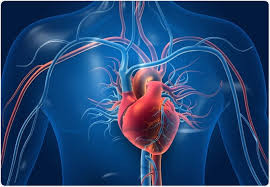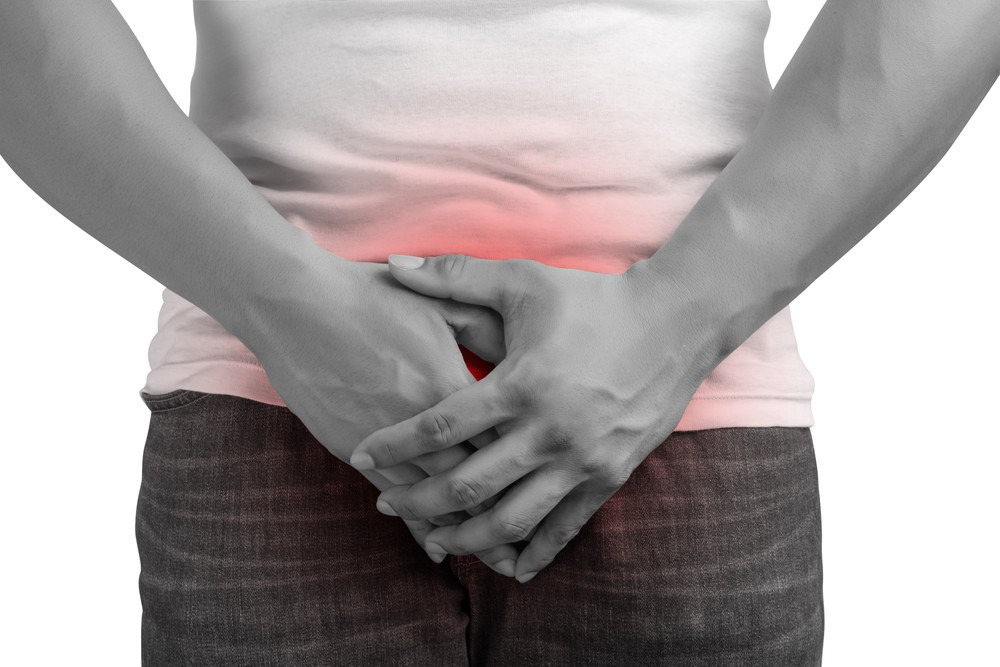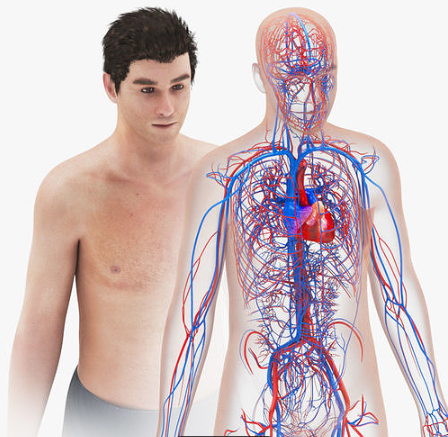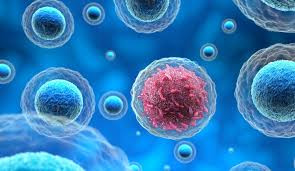Thump, thump. Thump, thump. What's that sound? It's the beat of your heart! For human beings, it's one of the best sounds you can hear — or feel — and one that you never want to stop!
If you run a mile or play football for 90 minutes, you'll probably experience some very tired muscles in your legs. If you shoot at basketball or swing a bat several times, you may experience the same muscle fatigue in your arms. After strenuous exercise, it's often necessary to rest your muscles.
Isn't it awesome that you never have to rest your heart muscle, though? It just keeps going and going, pumping blood throughout your body. And the best part? You don't even have to think about it!
Your body is full of muscles, but the heart is the most important muscle in your body. About the size of your fist, your heart is located in the middle of your chest, just a little to the left of centre.
Your heart is one of the key pieces of your circulatory system. As it beats, your heart pumps blood around your body. As it travels through your blood vessels, blood brings needed oxygen and nutrients to cells and carries away waste products.
If you look closely at the heart, you'll see it's actually two pumps in one. The right side of the heart receives blood from the body and pumps it to the lungs. The left side does the opposite: it receives blood from the lungs and pumps it to the rest of the body.
When you visit the doctor, a nurse usually will take your pulse to see how hard your heart is working. Your pulse is a measure of how many times per minute your heart beats. You can find your pulse by lightly pressing on your skin anywhere there's a large artery, such as the side of your neck or the inside of your wrist just below your thumb.
When you're resting your heart probably beats about 60 to 100 times per minute. When you exercise, your heart beats much faster, because it has to pump blood faster to supply your body's cells with the oxygen and nutrients they need to function during exercise.
If you use an average of 80 beats per minute, your heart beats about 4,800 times per hour. That's a whopping 115,200 times per day. Over the course of a year, your heart would beat about 42,048,000 times! If you live to be 80 years old, your heart would have beaten approximately 3,363,840,000 times! That's over 3 billion heartbeats! What a muscle!
However, if you're an athlete in exceptional physical shape, your resting heart rate may be much lower. Some professional athletes have resting heart rates of only 40 beats per minute. To check your pulse rate, find your pulse and count the number of beats in 15 seconds. Then multiply that number by four to calculate your pulse in beats per minute.
If you use an average of 80 beats per minute, your heart beats about 4,800 times per hour. That's a whopping 115,200 times per day.





